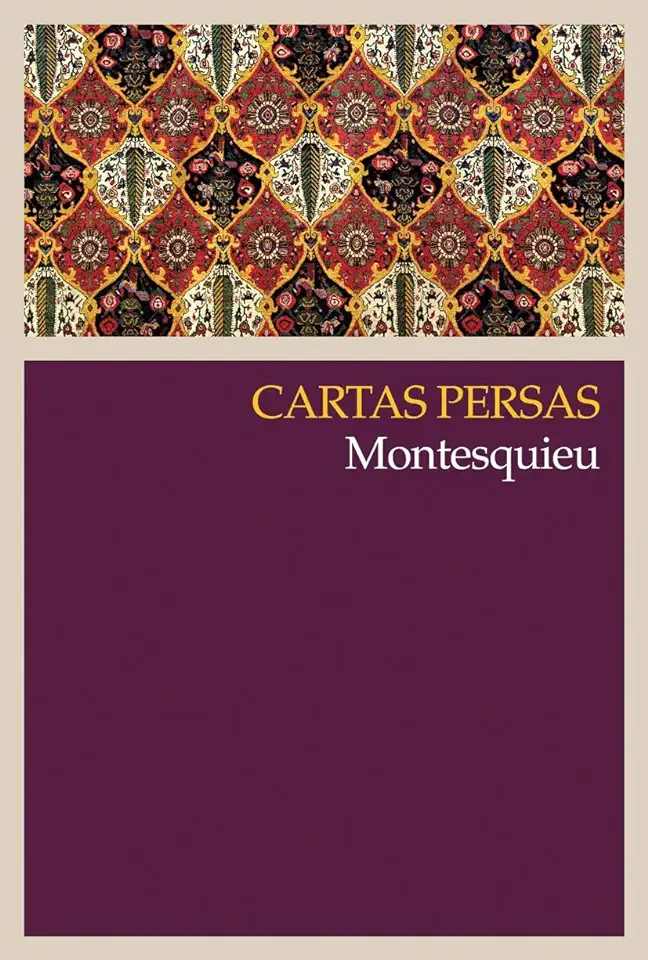
Persian Letters - Montesquieu
Persian Letters: A Timeless Classic of Enlightenment Literature
In the realm of literature, few works have stood the test of time and continue to captivate readers with their profound insights and timeless relevance as Montesquieu's Persian Letters. This literary masterpiece, published in 1721, transports readers to the vibrant intellectual landscape of the 18th century, offering a captivating blend of cultural critique, political satire, and philosophical musings.
A Glimpse into Exotic Persia
The narrative unfolds through a series of letters exchanged between two Persian travelers, Usbek and Rica, who embark on a journey to Europe, specifically France. Their observations and reflections on European society, customs, and institutions provide a unique perspective, allowing readers to view their own culture through the eyes of outsiders.
Unveiling the Absurdities of Society
Montesquieu masterfully employs satire to expose the follies and absurdities of European society. Through the eyes of Usbek and Rica, readers are confronted with the hypocrisy, prejudices, and irrationalities that permeate various aspects of life, including religion, politics, social conventions, and gender roles. The novel challenges readers to question their own assumptions and critically examine the structures that shape their world.
A Profound Exploration of Human Nature
Beyond its satirical elements, Persian Letters delves into profound philosophical inquiries about human nature and the nature of society. Montesquieu raises questions about the relationship between individual liberty and social order, the role of reason and passion in human behavior, and the pursuit of happiness and fulfillment. The novel encourages readers to engage in intellectual exploration and self-reflection, prompting them to consider their own values and beliefs.
A Literary Gem of Enlightenment Thought
As a product of the Enlightenment era, Persian Letters embodies the spirit of intellectual inquiry, rationalism, and the pursuit of knowledge. Montesquieu's work reflects the broader intellectual currents of the time, advocating for tolerance, religious freedom, and the separation of church and state. The novel stands as a testament to the power of reason and the importance of critical thinking in shaping a more enlightened and just society.
A Delightful Read for All
Persian Letters is not merely a historical artifact; it remains a thoroughly enjoyable read for contemporary audiences. Montesquieu's wit, humor, and keen observations make the novel a delightful companion, offering both entertainment and intellectual stimulation. The epistolary format allows for a dynamic and engaging narrative, keeping readers captivated from beginning to end.
A Must-Have for Your Library
In conclusion, Persian Letters is a literary gem that transcends time and continues to resonate with readers today. Its insightful social commentary, philosophical depth, and engaging narrative make it a must-have for any bookshelf. Whether you're a history buff, a literature enthusiast, or simply someone seeking intellectual enrichment, Persian Letters promises an unforgettable reading experience.
Enjoyed the summary? Discover all the details and take your reading to the next level — [click here to view the book on Amazon!]